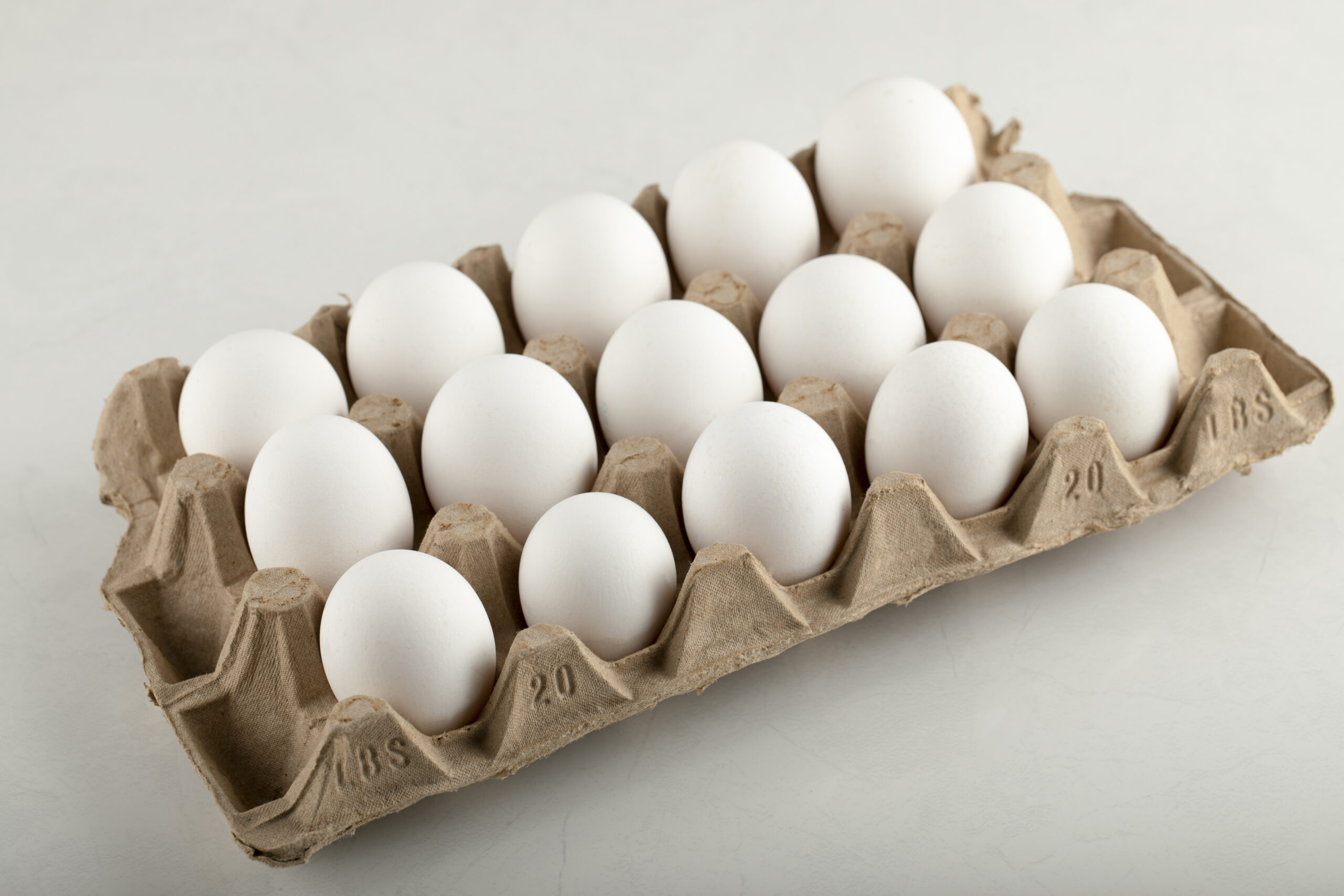Discover the truth about how long do eggs last in the refrigerator. Uncover the myths and get expert insights on egg storage. Read on to ensure your eggs stay fresh and safe.
Table of Contents
ToggleIntroduction:
When it comes to a staple food like eggs, knowing that how long do eggs last in the refrigerator and how to store them properly is essential to ensure their freshness, safety, and taste. With various myths circulating about the optimal egg storage duration, it’s time to unveil the truth and debunk the 10-day myth. In this comprehensive guide, we will delve into the science behind egg storage, providing expert insights, first-hand experiences, and practical tips. So, let’s crack open the truth about how long do eggs last in the refrigerator!

How Long Do Eggs Last in the Refrigerator? The Reality
Eggs are a versatile ingredient that finds its way into numerous recipes. Whether you’re baking a cake or preparing a hearty omelet, fresh eggs are crucial. Contrary to the popular 10-day myth, if you want to know that how long do eggs last in the refrigerator then this is your answer that eggs can actually last longer than you might think when stored correctly.
The Eggshell's Protective Barrier
If you want to know that how long do eggs last in the refrigerator then you must know that the eggshell serves as a natural protective barrier that shields the inner contents from outside elements. It plays a crucial role in preserving the egg’s freshness by preventing moisture loss and the entry of bacteria.
Factors Influencing Egg Freshness
Several factors are their that influence on how long do eggs last in the refrigerator:

1. Refrigeration Temperature
Maintaining the proper temperature in your refrigerator is key. The ideal temperature range for egg storage is between 35°F and 40°F (1.7°C and 4.4°C).
2. Egg Washing
Commercially sold eggs are often washed to remove dirt and potential contaminants. The natural protective layer of the egg is also removed during this process, increasing its susceptibility to spoiling. Eggs that haven’t been cleaned last longer.
3. Storage Position
Storing eggs with the pointed end down helps maintain the yolk’s position and prevents air cell enlargement, contributing to longer freshness.
Expert Tips for Prolonging Egg Freshness
Ensuring your eggs stay fresh requires a few simple yet effective practices:
1. Refrigerate Promptly
After purchasing eggs, promptly place them in the refrigerator to slow down any potential deterioration.
2. Store in Original Carton
Egg cartons are designed to provide the best protection for eggs. Keeping them in the original carton helps prevent the absorption of strong odors from other foods.
3. Conduct the Float Test
To determine that how long do eggs last in the refrigerator, conduct the float test. Place the egg in a bowl of water – if it sinks, it’s fresh; if it stands upright, it’s aging and should be used soon; if it floats, it’s likely spoiled.
Busting the 10-Day Myth
The idea that eggs must be consumed within 10 days is a widespread misconception. In reality, properly stored eggs can last well beyond that timeframe.

Insights from Farmers and Experts
Farmers and egg experts reveal that eggs from well-maintained, healthy flocks can remain fresh for up to 3–5 weeks when refrigerated at the recommended temperature.
What About the Sell-By Date?
The sell-by date printed on egg cartons serves as a guideline for retailers, but it doesn’t necessarily reflect the egg’s actual freshness. Always rely on storage practices and the float test to assess an egg’s viability.
Conclusion:
The 10-day myth about how long do eggs last in the refrigerator has been cracked wide open. By understanding the science behind eggshell protection, the influence of various factors, and expert tips for storage, you can confidently extend the life of your eggs well beyond the rumored timeframe. Remember to rely on proper storage practices, the float test, and insights from farmers and experts to ensure your eggs are always fresh, safe, and ready to enhance your culinary creations.
FAQs About Egg Freshness
Q. Can I freeze eggs for extended storage?
A. Yes, you can freeze eggs! They should be broken into a container, lightly pounded, and frozen. Use them within 3–6 months for optimal quality.
Q. Can I store eggs on the refrigerator door?
A. It’s best to avoid storing eggs on the refrigerator door, as the constant opening and closing may subject them to temperature fluctuations.
Q. How can I minimize odors from eggs in the refrigerator?
A. To stop odors from leaking in, put eggs in a covered container or their original carton.
Q. Are egg white and egg yolk spoilage different?
A. Yes, egg whites are more prone to drying out, while egg yolks are more susceptible to bacterial contamination. Store whole eggs to maintain balance.
Q. Are brown eggs fresher than white eggs?
A. The color of the eggshell is determined by the breed of the chicken and doesn’t impact freshness or nutritional value.
Q. Can I use eggs past their “best by” date?
A. Yes, you can safely use eggs past their “best by” date as long as they pass the float test and show no signs of spoilage.
